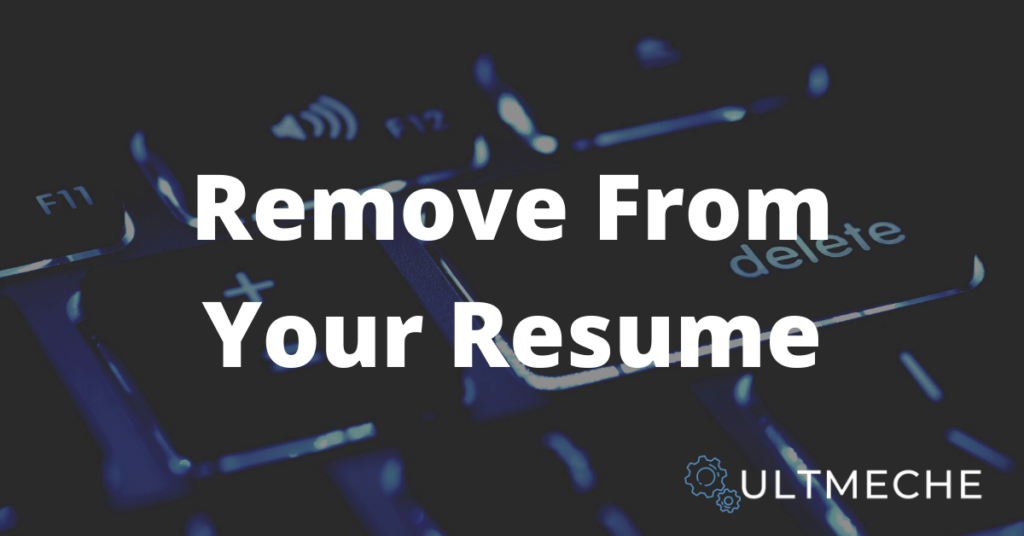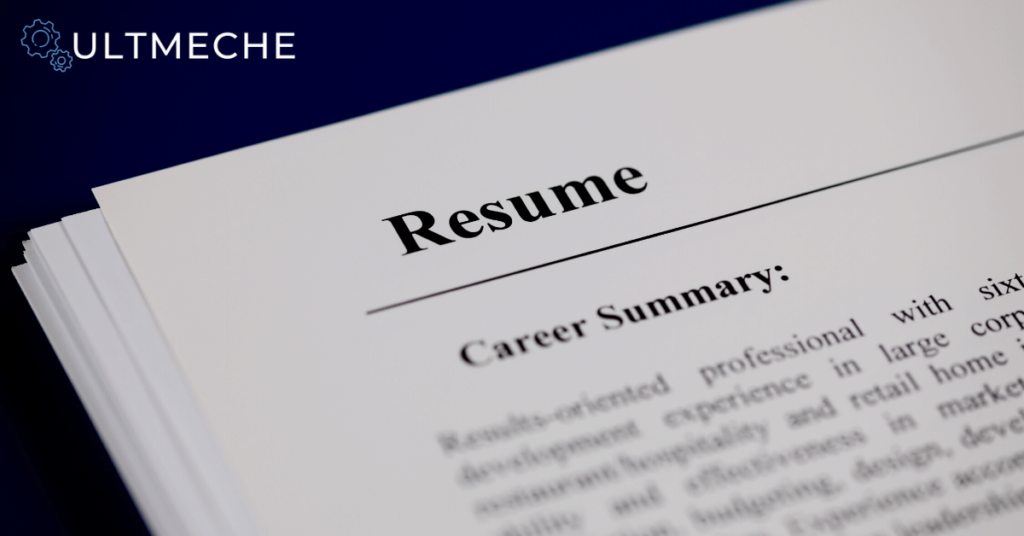
If you don’t know the answer to how many pages does a good resume have, then you’re likely struggling in your job search.
I’ll tell you the answer – one page.
A good resume should just have one page.
If you are highly experienced, and can display multiple quantitative results in a clear and concise manner, while catching keywords, then congratulations. You have a skill that 99% of job applicants don’t have.
So many job applicants submit their resumes that don’t hit these 3 important things:
- Clarity and conciseness
- Display quantitative results and accomplishments
- Catch key words
But the job applicants that do, struggle with getting their resumes down to one page. And I get client’s struggles. They’ve worked so hard and achieved so much that they want to put EVERYTHING on their resume. Everything is too much.
February 29, 2024What to remove on resume if you’re having trouble reducing your resume down to one page

Non-Quantitative Results and Accomplishments
I always emphasize that quantitative results and accomplishments are the best to put on your resume. Why? Because quantitative results and accomplishments give recruiters a tangible feel of the results you bring in from a business standpoint.
Quantitative results in an engineering standpoint will tell if you:
- Bring in revenue
- Oversee a large dollar value of projects
- Responsible for a large volume of engineering product
Quantitative results are the best bang for your buck in terms of the material on your resume.
Items with no keywords
This is self explanatory. As a job seeker, your job is to review job applications for their keywords and make sure your resume is full of them. Don’t just copy paste the job description into your resume, but show how your experience ties in with those key words.
Example Keywords for Engineers
- CAD
- FEA
- SolidWorks
- NX
- Design
- Analyze
- Test
- Data Acquisition
- Statistical Analysis
- Bill of Materials
- Design for Manufacture
- Lean 5S
These are only a few of many keywords out there for engineers. Learn about what keywords to target in your resume.
Note – Engineering standards are a keyword gold mine for resumes.
Learn more about engineering standards: Engineering Standards (Lean 5S)
Design Changes
That one time you made that simple design change which resulted in the fitment of some components? Unless this resulted in the generation of revenue ($) or shipment of a high volume of products, you should take this out.
Objective
Having an objective section is pretty elementary in our opinion. It’s obvious that you’re seeking a job in XXX if you’ve already applied to it.
Say you’ve applied to a design engineering position. The recruiter will then scan through the piles of resumes for design engineers that fit the position. Therefore, there’s no need to say that you’re looking for a design engineering position.
I always remove the objective section of the resume whenever clients have one in theirs.
Think about it – for a client to book an order with me, it means they’re struggling with their job search. Often times, I see clients with an objective section that I eventually take out. Is this a coincidence?
Professional Summary
I treat this the same as the Objective section. A professional summary is redundant. If your resume is clear and concise, then it should already summarize your experience pretty well. A recruiter should be able to take a 10 second glance at your resume and see what you bring to the table.
Core Competencies
Soft skills such as “able to work in a fast paced environment, communicate effectively, and present in front of leadership” should be a given. These are merely items that anyone can put in their resume. Anyone can literally say that they can work in a fast paced environment and have project management skills.
What separates those that get considered for an interview vs. those that don’t?
Those that do show HOW they can work in a fast paced environment. Not that they ARE ABLE TO.
The difference between showing How vs. Able to:
Here’s an example.
Which of the two bullets above are more powerful?
- Worked in a fast paced environment regarding activities such as creating bills of materials, CAD drawings, and analysis reports
- Processed 30 BOMs (Bill of Materials) consisting of 3000+ line item components for approximately $3M annually of equipment
The one that broadly states the “working in a fast paced environment” competency or the one that shows the volume (how many BOMs, dollar impact, line items on BOMs)
Why should a good resume only have one page?

Because a one page resume means that it is clear and concise.
Once it is in the hands of a recruiter, they will very easily be able to read through it.
Recruiters are very busy people and have to filter filter through hundreds or even thousands of resume. What makes your resume stand out is to make it clear and concise, so that the recruiter will be able to deem your qualifications worthy for the position.
However, there are exceptions to this one page resume rule.
Check out: How Many Bullet Points Are on A Resume
Exceptions to having a one page resume

C-Levels
You are a C-level executive with pages of critical quantitative results and accomplishments.
Senior Engineers
You are a senior level engineer with a demonstrated skillset in a wide variety of industries. Also, at this point as a senior engineer, you have likely had multiple roles throughout your career and need to catch them all.
Managers
You’re a mid-level manager overseeing a ton of projects or had lengthy history. As a manager you are responsible for delivering results (SMART).
Mid-Level Engineers
You’re a mid level engineer that has jumped from job to job, and it is impossible to catch your employment history, education, and skills in one page.
Entry-Level Engineers
No exceptions. You’re only entry level which means your resume should only contain relevant engineering material.
Interns
You’re an intern and you want to have a resume over a page long? No, just no.
As an student applying for engineering intern positions, you need to list:
- Projects
- Leadership
- Community Involvement
- Education
- Awards
- Work History
This can 100% be done with just one page. Clear and concise.
At this point, you should know how many pages does a good resume have.
FAQ
Is it okay to have more than one pages on my resume?
Read the exceptions section and see if any of those apply to you. If you’re entry-level or intern engineering, then no.
How do I make more space on my resume?
Make more space on your resume by removing the not needed things. Refer to the remove section of the page.
Is it okay to remove the objective section of the resume?
Yes, it’s a redundant section and does not provide value. You already have an implied objective for getting hired onto the role you applied to. It doesn’t matter if you state on your resume that you really “wish to be a part of X industry”. It’s more about the value you bring in.
Should I have a professional summary on my resume?
No. Your resume should already be a summary, if written clearly and concisely.
Will you help me with my resume?
Yes. Check out the contact page and take it from there.
About the author

Kazuyoshi Fujimoto, PE
Founder | Engineering Career Coach | Principal Mechanical Engineer
Kazu oversees all of ultmeche’s engineering services. He provides consulting such as resume reviews, rewrites, mock interviews, and all services career related. Additionally, Kazu performs consulting work regarding Oil & Gas, Automotive, and Aerospace & Defense. Kazu is licensed as a professional engineer in the state of California and has 9+ years of experience in Oil & Gas, Automotive, and Aerospace & Defense.
